Click to read the article in Turkish
Being a refugee in Turkey is difficult. Being a young female refugee, particularly so in the challenging atmosphere marked by post-earthquake targeting, hate speech during election processes, and a rise in anti-migrant sentiment.
Engaging in human rights advocacy as a young Syrian female refugee might be the most challenging. Yet, there's another more to it: being an earthquake survivor.
Duaa Muhammad, a 29-year-old born in Damascus, is one of the millions who were compelled to migrate to Turkey due to the Syrian War, now in its 12th year.
The migration story starts at the Golan Heights
Duaa, arrived in Turkey in 2014 with her family, learned Turkish, pursued a university education, and became a human rights activist. As she recounts her family's recent displacement due to the earthquake that occurred six months ago, she pauses:
"My family initially migrated from the Golan Heights to Damascus due to the Six-Day War [June 5-10, 1967, between Israel and Arab countries]. My father was only 9 years old at the time, and my mother was a baby. They were repeatedly forced to migrate within Syria, to Jordan, then back to Syria... They have been migrating since childhood, and even now in their old age, they continue to live through migrations, and this is very difficult."
Six months passed, they haven't found a home
Explaining how the earthquake led her family to migrate, Duaa says, "The house where my family lived in Kırıkhan district of Hatay became uninhabitable due to the earthquake. My family migrated from Kırıkhan to Gaziantep. Six months have passed, but we haven't yet found a home for them in Gaziantep."
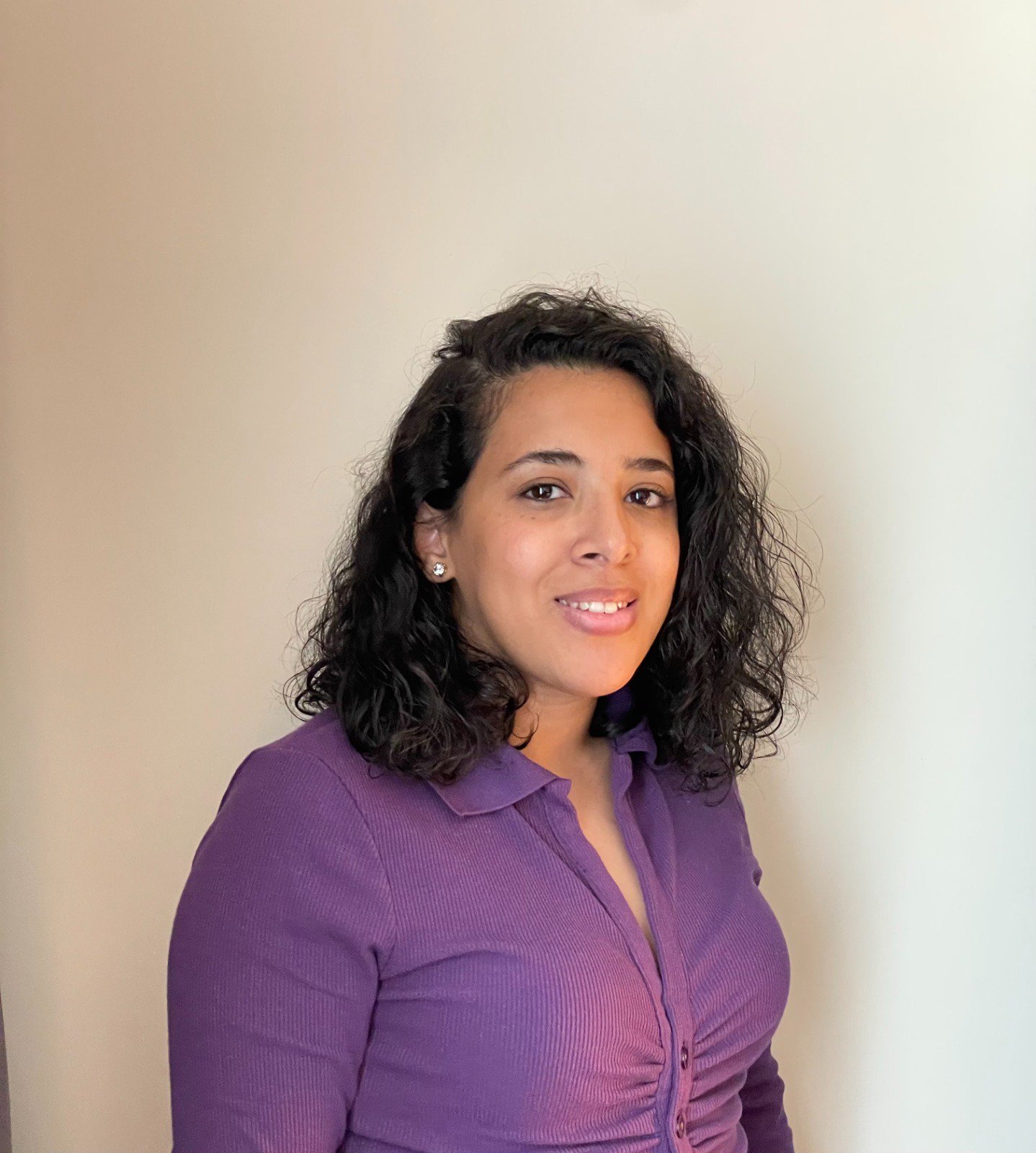
"Where will these people go?"
"Because the rents are very hig" says Duaa, and adds:
"Thankfully, my family can stay with me, but there are people who have no one. Where will these people go? My family applied for tents, but because our house was deemed 'lightly damaged,' we couldn't even get a tent. Our house is in uninhabitable condition, and there has been no assessment or analysis. I don't understand how they came to this conclusion."
"They say 'stop,' 'you don't belong here'"
Duaa's struggles with rents are not new. Two years ago, while searching for a rental house in Istanbul, she had spokento bianet:
"Despite all we've been through, we managed to rebuild our lives. I lost many people. I lost relatives. I lost my brother in Syria. Amidst all these traumas, I started from scratch. I learned a new language. I'm speaking your language. I'm trying to adapt. But no, they say 'stop,' 'you don't belong here.' I don't even want to feel like I belong here. I'm trying to adapt, and still, it doesn't work."
Testimonies about earthquake-affected migrants
Recalling her time in Hatay during the earthquake, Duaa highlights, "What affected me the most was seeing earthquake-affected migrants struggling to communicate the number of family members and their whereabouts to rescue workers due to their lack of Turkish language skills. People are anxious, everyone is in a rush, rescue teams are working. Because of the language barrier, rescue efforts were misplaced. I spent 11 days in Antakya, but I didn't see any interpreters in the rescue teams, or if there were any, they were very few."
She further notes that she witnessed earthquake-affected migrants who couldn't even access food and blankets for a while. "When we passed by them, and they realized we were Syrians, they asked for help. I've seen this in many places," she adds.
Considering exit permits during the disaster
Discussing the uncertainty caused by the Directorate General of Migration Management (GİB) after the earthquake, Duaa says, "In the first days of the earthquake, while people were trying to leave the disaster area, the main concern of earthquake-affected migrant families was whether they could leave without an exit permit. Many of my earthquake-affected migrant friends from Antep and Hatay couldn't leave because they were waiting for a statement from the GİB."
She emphasizes how unfortunate it is that people have to think about exit permits during a disaster. The uncertainty about whether exit permits will be extended, the temporary situation where they go – all this uncertainty. Some earthquake-affected migrants who lost their homes in the earthquake had to return to the disaster area. They had to return because their permission periods had ended where they went. They can't change their addresses, nor can they update their information. These are all very problematic."
Hate speech and exclusion
Duaa is acutely aware of the difficulties of bearing a "different" identity in Turkey: "Being a migrant and a woman makes it even harder. Hate speech has increased significantly lately. You're being excluded, subjected to discrimination. As soon as your identity becomes apparent, you're immediately excluded. I've been in Turkey for 9 years; I'm a citizen of this country, and I want to establish a life here, but always being excluded causes stress. It creates a sense of insecurity, as if I'm suddenly going to leave."
Migration upon migration, devastated lives
Duaa points out that discrimination and the fear of deportation are the fundamental issues that earthquake-affected migrants face today, along with housing. She emphasizes that even those who have obtained Turkish citizenship or have residency permits experience the same fear. "In fact, earthquake-affected migrants have constantly had to migrate, unable to settle. First, internal migration within Syria; constantly being forced to leave the places they were living. Never-ending migration, migration, migration... And just as they came here to start over from scratch, there was an earthquake. Another migration. This situation has devastated people's lives," she concludes.
An unfinished sentence
Duaa mentions that migrants from various countries, including Afghanistan, Iran, and Syria, live in Turkey. As a Syrian female refugee who experienced discrimination, she starts to discuss the discrimination she faces but cannot complete her final sentence:
"I know every migrant and every woman has different experiences. Feeling insecure because my Syrian identity is revealed is a very difficult situation. The discrimination we face is so extensive..."
(NT/PE)




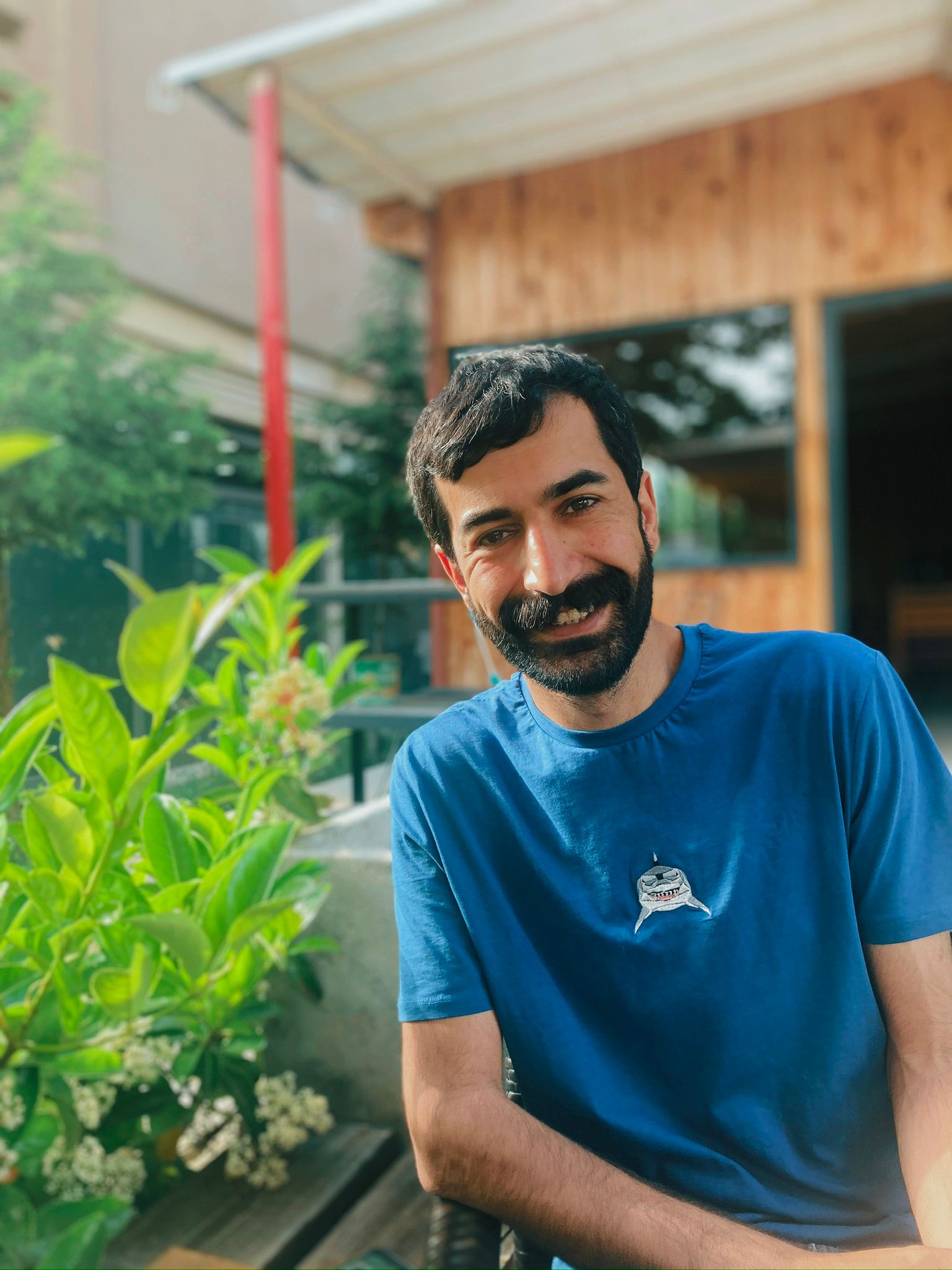
.jpg)

sa.jpg)
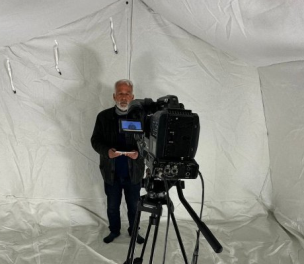
sa.jpg)
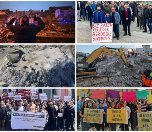
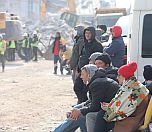
.jpg)
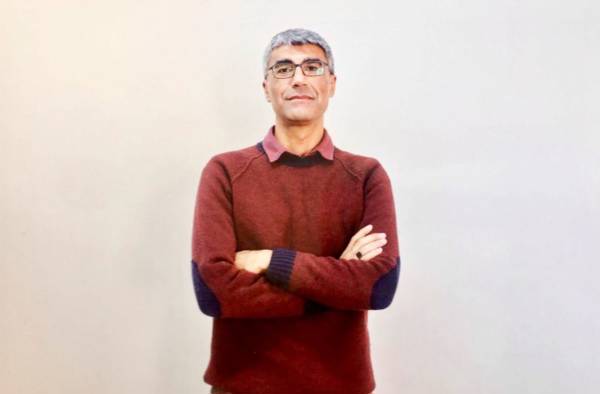
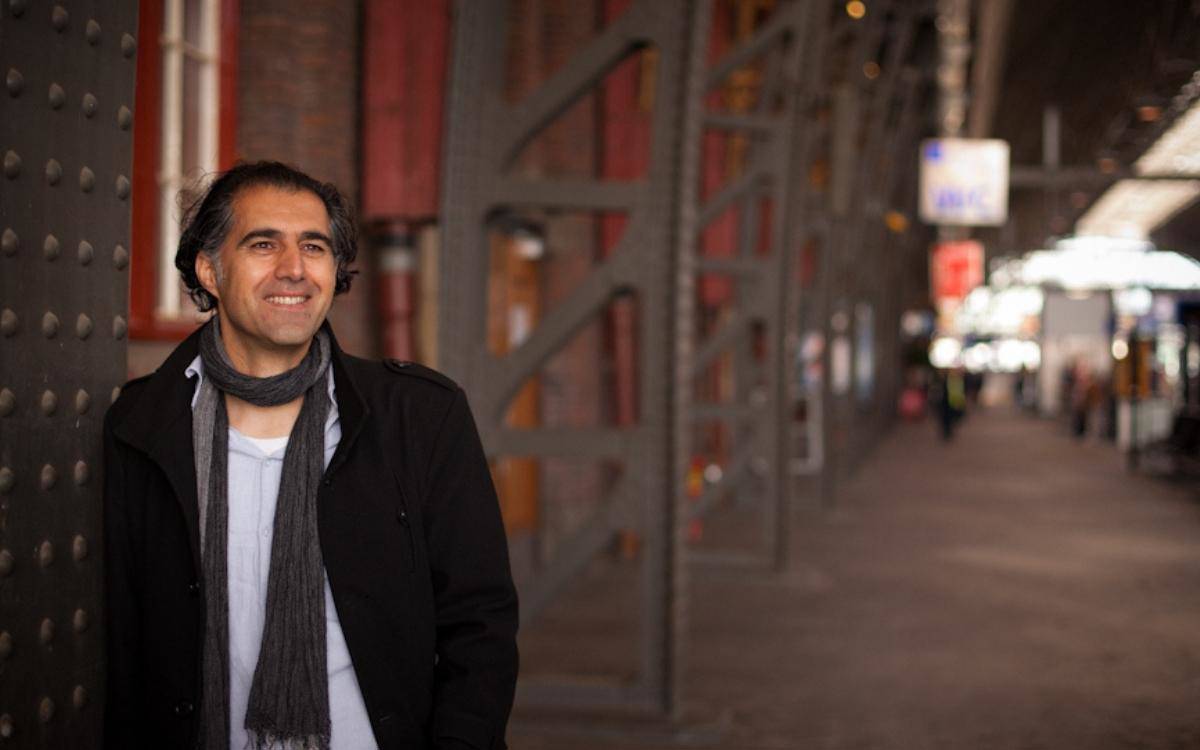
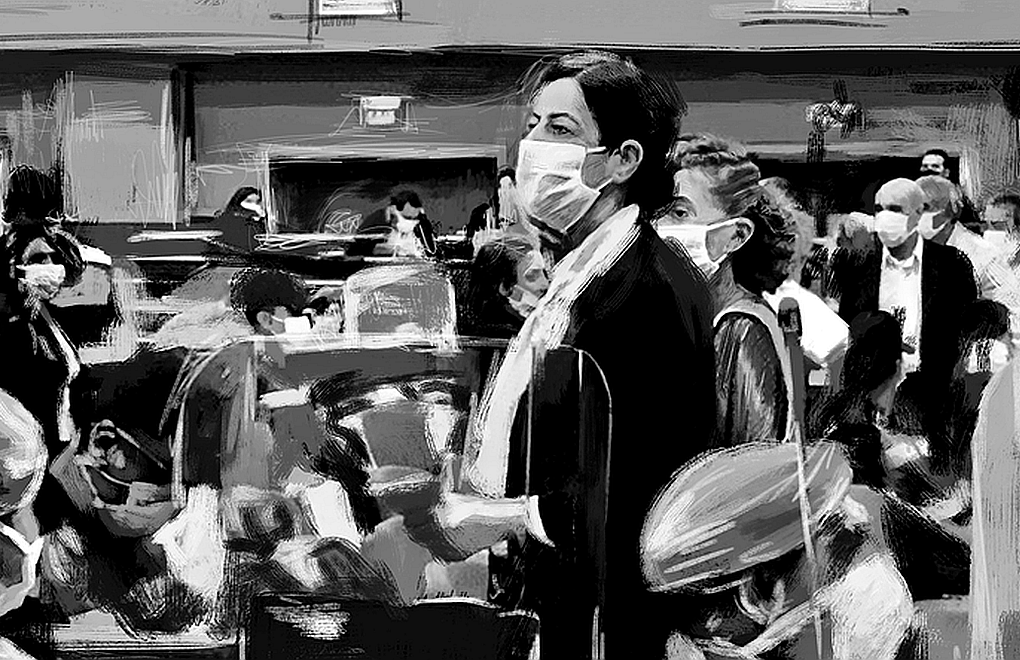
.jpg)
.jpg)